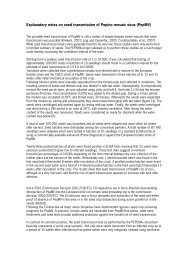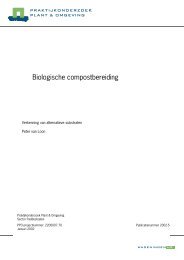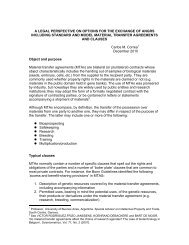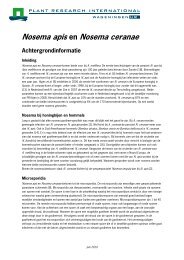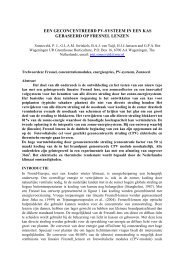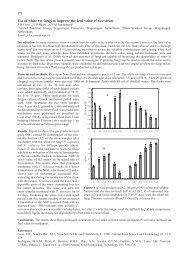Oil spill dispersant article
Oil spill dispersant article
Oil spill dispersant article
Create successful ePaper yourself
Turn your PDF publications into a flip-book with our unique Google optimized e-Paper software.
Some statements and counter arguments connected to use of<br />
<strong>dispersant</strong>s<br />
Criticism<br />
Counter-argument<br />
The best method of protecting the environment<br />
is to immediately pick up all the <strong>spill</strong>ed<br />
oil from the sea. The use of <strong>dispersant</strong>s is the<br />
wrong approach to oil <strong>spill</strong> response.<br />
Mechanical containment and recovery with the<br />
use of booms and skimmers is a very useful<br />
oil <strong>spill</strong> response strategy for small oil <strong>spill</strong>s<br />
in calm weather, but suffers from some major<br />
limitations.<br />
Dispersants push the oil into the environment,<br />
rather than removing it from the environment,<br />
and this must be a bad strategy.<br />
Dispersants do transfer oil from the sea surface<br />
into the water column. If this is done<br />
in conditions that allow rapid dilution of dispersed<br />
oil to very low concentrations, the risk<br />
of ecological harm is small, compared to letting<br />
the oil impact the shoreline or other sensitive<br />
sites.<br />
Dispersants are only used to hide the oil pollution,<br />
to remove it from view, but the oil does is<br />
not ‘neutralised’ and will cause unseen harm.<br />
The aim of transferring oil from the sea surface<br />
into the water column is not to hide it and<br />
the potential consequences of dispersing oil<br />
must be estimated. The aim of using any oil<br />
<strong>spill</strong> response method - including <strong>dispersant</strong>s<br />
- is to minimise the damage (economic and<br />
ecological) that would be caused by an oil <strong>spill</strong>.<br />
Addition of toxic chemicals to an already polluted<br />
environment will poison the marine life.<br />
Dispersants are less toxic than the oil they are<br />
used to disperse.<br />
Dispersants are an unreliable method because<br />
they do not always work. Mechanical recovery<br />
should be used instead.<br />
Dispersants do have limitations. They may not<br />
disperse high viscosity oils in cold waters<br />
or disperse heavily weathered oils. Mechanical<br />
recovery methods have limitations caused by<br />
the weather and by oil characteristics.<br />
12



